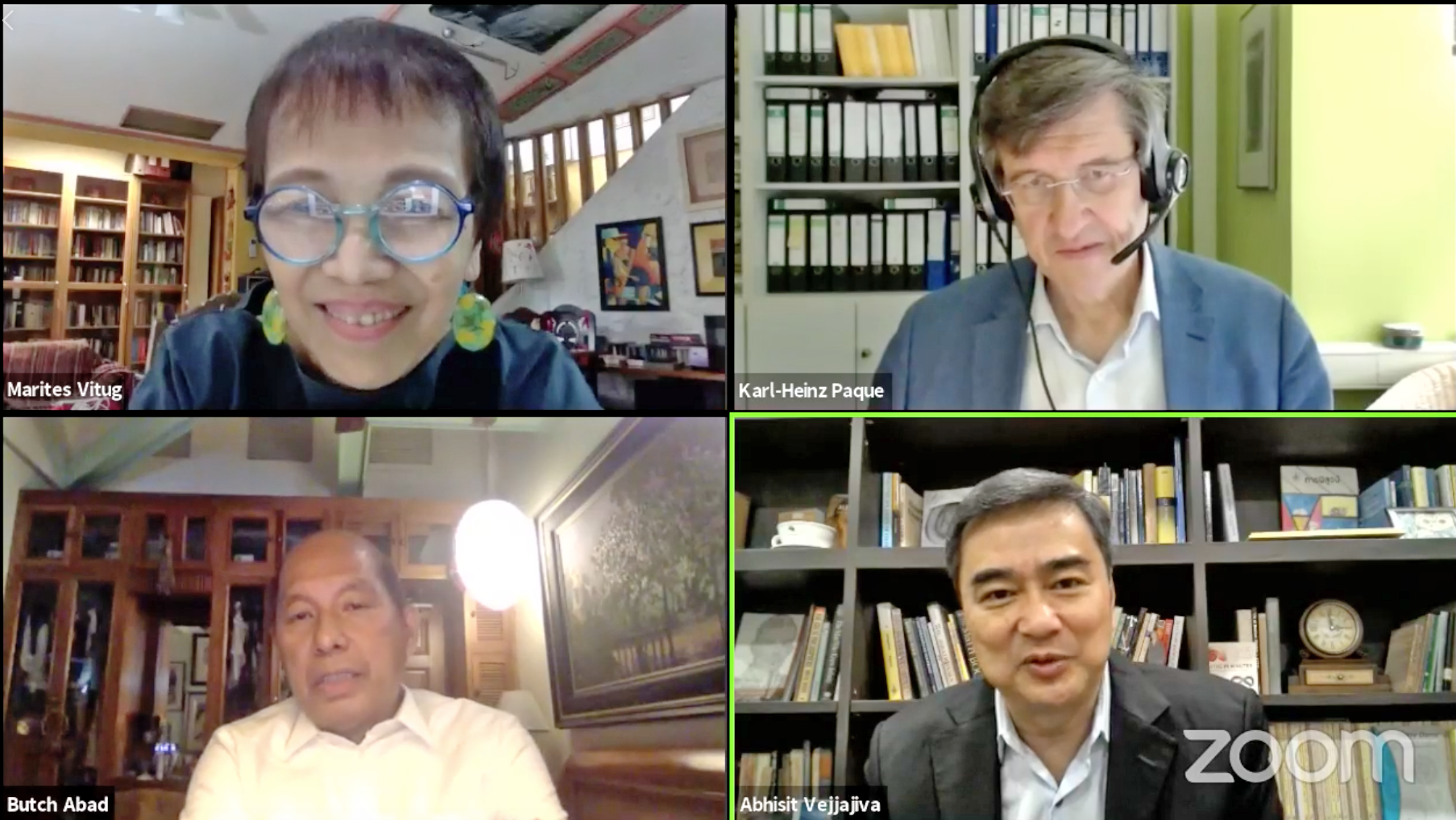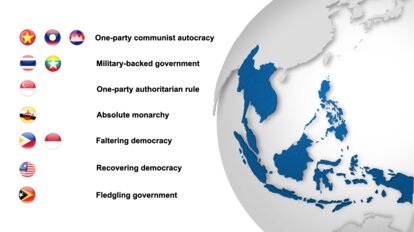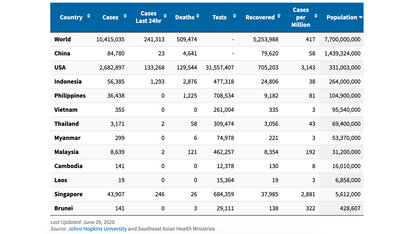COVID-19
Democracy means balance: Do not deny governments authority to deal with pandemic

“I don't think that we should be concerned with the increasing role of the state itself, but how the state actually uses that power and what kind of role it plays,” said Abhisit Vejjajiva, Former Prime Minister of Thailand.
Speaking in a webinar on The Future of Democracy in Asia on 30 June 2020, Vejjajiva pointed out that a stronger social protection and welfare system is needed to deal with the current economic predicament and the structural problem of inequality. “We have to make sure that as restrictions are eased, there is balance. Liberals and democrats must be careful not to be seen to be opposing the role of the state if it confined itself to providing economic and social security to the population,” he cautioned.
He also expressed alarm on the rhetoric that authoritarian regimes are gaining more success in containing the pandemic. “The issue is not about authoritarianism or democracy. It's about trust, leadership, and good management,” stressed Vejjajiva.
Philippine Former Budget Secretary Butch Abad explained that the pandemic “provides autocrats with the platform to argue for the structural advantages of authoritarianism over democracy in managing a crisis.” He cited the Philippine case where President Rodrigo Duterte’s approach to the health issue was intensifying law enforcement. “The effectiveness of the state’s pandemic response has become a casualty in the government’s bid to lead with authoritarian bravado,” noted Abad.
“The challenge is heightening awareness, vigilance, and readiness to push back against attempts by autocrats to exploit the crisis; and the need for innovation and enterprise in pushing approaches that highlight the advantages of democratic norms and processes as successful democratic states have demonstrated,” he concluded.

COVID-19 may accelerate authoritarianism in the region
Foster multilateral cooperation
The pandemic has switched the economic system from “slowbalization,” or the setback in international trade, to a near absence of multilaterism.
Liberal International Vice President Prof. Karl-Heinz Paqué stated how value chains have been massively cut even within Europe, with trade between France and Germany halved within months. With the United States losing its moral high ground to lead, and China and Russia imposing their own models of state capitalism, Paqué underlined that liberals must ensure that rules in international trade remain respected. “We have to take the challenge of the breakdown of multilateralism seriously. It may not naturally return. It needs genuine political effort. Liberal democrats are best suited for this task,” said Paqué.
Multilaterism is necessary not only for economic reasons, but also to formulate an effective response to COVID-19.
Within the Association of Southeast Asian Nations (ASEAN), a joint regional agreement or effort to make sure that there is access to vaccines and treatment in a fair way would be useful. “If left to individual countries and nations this will very much lead to a lack of cooperation and growing nationalism,” observed Vejjajiva. “ASEAN countries should be talking about how we can revive trade and tourism at least within the region. They should at least come up with a framework on how we can have a new normalcy on these issues to help economies recover,” he added.

The webinar was co-organized by the Friedrich Naumann Foundation for Freedom (FNF) and Council of Asian Liberals and Democrats (CALD).
“Every crisis can also be an opportunity. We learned from numerous disasters and tragedies to make our societies better from what they used to be. We can also view COVID-19 in this light – as an opportunity to make our world more democratic, inclusive and participatory,” remarked CALD Women’s Caucus Chair Jayanthi Balaguru.